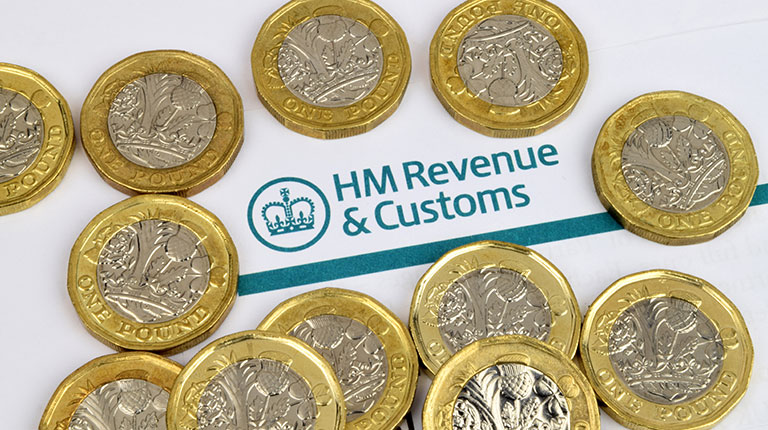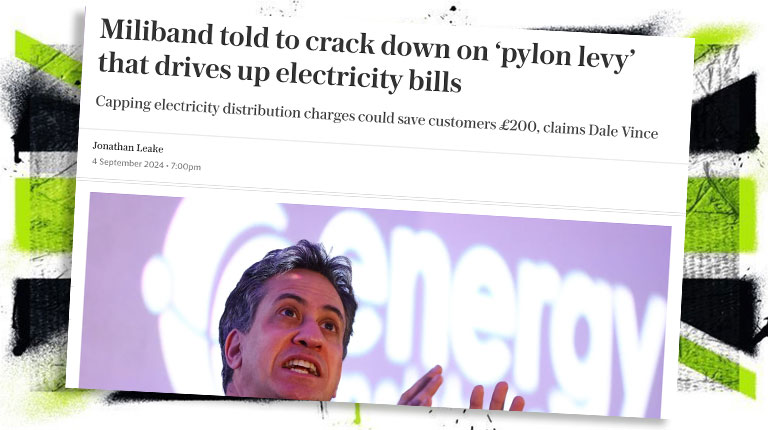Private equity fund managers could face £420m annual bill after legal challenge closes tax loophole

Legal action by Good Law Project and the Ecotricity founder, Dale Vince, has forced UK tax authorities to admit that some private equity fund managers have been paying tax at the wrong rate for more than 35 years.
Since 1987, HMRC has taxed the money managers receive from private equity funds as capital gains – at a rate of 28% – instead of as trading income, which is taxed at 47%. This has seen Government losing hundreds of millions of pounds a year – enough to pay the salaries of more than 10,000 nurses.
Good Law Project and Dale Vince warned the tax authorities in May of an impending legal challenge, arguing that this practice is unlawful in the case of buyout funds. These funds buy mature companies with borrowed money, using the company’s assets and income to pay off the debt before selling them on. This practice has crippled important economic sectors such as nursing homes.
HMRC have now conceded the key argument raised by Vince and Good Law Project, accepting that the money managers receive from buyout funds – known in the trade as their “carried interest” – “would be taxable as trading income in the hands of UK tax resident individuals. HMRC would expect such individuals to file their self-assessment returns accordingly.”
With buyout funds making up an estimated 70% of the private equity industry, this recharacterisation would net the Government a further £420m a year in tax.
Dale Vince, founder of Ecotricity and tax campaigner said:
“I’m pleased that HMRC has relented on this issue and made clear that private equity funds can be subject to the same tax rules as nurses and teachers – they do not have an exemption from tax norms. The position until now has been driven by consecutive Conservative governments, which is clear from the material that HMRC has disclosed. We now have the potential to recover over £400m a year in previously lost tax revenue. It’s a significant sum, enough for example to make sure our schools are safe from collapsing ceilings. Will Rishi Sunak take this opportunity? Or will he continue to gift £400m a year to some of the wealthiest people in the country instead. We need a tax system that is fair, this clarification is a step towards that, but we need a government that is fair too. Britain has endured a decade of Conservative Austerity, we’ve been told there is no money for public services – while as much as £4 billion has been gifted to private equity interests.”
Jo Maugham, Executive Director of Good Law Project and a leading tax KC, said:
“Private equity fund managers have been grossly undertaxed since 1987 – not because of the law but because of the political pressure put on HMRC by Government. This stance could be easily reversed, without any change in legislation, and should be. I hope a future Government takes that step.”
Notes for editors:
Jo Maugham and Dale Vince are available for interview.
For more information from Good Law Project please contact press@goodlawproject.org.
For media enquiries for Dale Vince please contact Borkowski on ecotricity@borkowski.co.uk.
Notes:
- This legal action was sparked by research from Tax Policy Associate’s Dan Neidle, published in British Tax Review.
- Letter from Good Law Project to HMRC (PDF), giving notice of a legal challenge.
- HMRC response to Good Law Project’s letter (PDF).
- 1987 statement from the British Venture Capital Association (BVCA) (PDF).
- Response to Dan Neidle’s paper from the BVCA (PDF).
- FT: UK loses £600mn a year by under-taxing private equity executives, says lawyer
- HMRC response (PDF) to a Freedom of Information request for the aggregate amount of carried interest gains.
- Private equity can be loosely divided into venture capital – who provide startup funding – and buyout funds (sometimes referred to simply as “private equity”) who acquire mature businesses and aim to sell them at a profit. About 70% of the industry is buyout funds.
- The BVCA and the funds industry have, for decades, proceeded on the basis that the 1987 statement they agreed with the Inland Revenue covered both. Tax advisers to buyout funds typically rely on that statement when concluding that the executives’ “carried interest” is taxed at the lower capital gains rate of 28%. Mr Vince’s letter argued, on the basis of arguments raised in Mr Neidle’s article in the British Tax Review, that this was incorrect.
- HMRC has now confirmed that the 1987 statement does not apply to buyout funds. That will likely come as a shock to the private equity industry.
- About Good Law Project: Good Law Project is a not-for-profit that uses the law for a better world.







